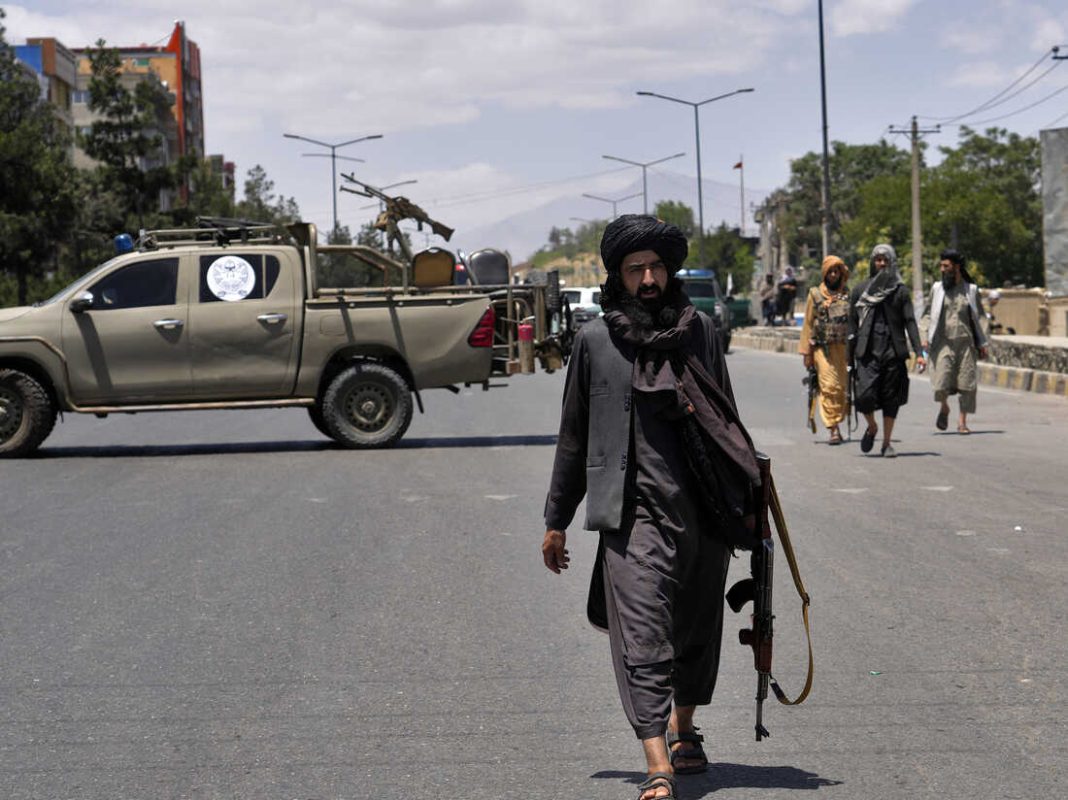ISLAMABAD: A former top Afghan military official has revealed that the Afghan Taliban are receiving financial support from India to back terrorist activities inside Pakistan.
The statement has shed new light on a growing nexus between India and the Taliban, following recent reports of similar patterns involving Israel.
According to sources, Lieutenant General (retd) Sami Sadat, former Director of Military Intelligence and Commander of Special Operations Forces in the Afghan Army, stated that the Afghan Taliban are financially supported by India and are using these resources to aid terrorist groups operating against Pakistan.
He revealed that the Afghan Taliban maintained close ties with India and actively supported anti-Pakistan elements.
He further disclosed that the Indian funds are being channeled to banned groups such as Tehrik-i-Taliban Pakistan (TTP), referred to as “Khawarij insurgents,” as well as Baloch separatist organizations. He emphasized that the Taliban are financing those groups that are directly involved in carrying out terrorist attacks within Pakistan.
This revelation supports an earlier statement by Pakistan’s Defence Minister Khawaja Asif, who accused the Afghan Taliban of collaborating with India in destabilising activities against Pakistan.
The former Afghan general’s remarks reinforce Pakistan’s long-standing position that terrorism in the region is being fueled by a nexus between the Afghan Taliban and India.
Earlier, A senior Pakistani diplomat has told the UN Security Council that the 6,000-strong Tehrik-e-Taliban Pakistan (TTP), the largest UN-designated terrorist group operating from Afghan soil, posed a direct threat to Pakistan’s national security. “Terrorism emanating from Afghanistan remains a serious threat to its neighbours, particularly Pakistan,” Ambassador Asim Iftikhar Ahmad, permanent representative of Pakistan to the UN, said in an address to the 15-member Council, pointing out that TTP has safe havens close to the Pakistani border.
Speaking in a debate on the situation in Afghanistan, the Pakistani envoy also voiced concern over the potential destabilizing impact of the situation in Iran following unprovoked Israeli attacks. “A refugee exodus into neighbouring countries—including Afghanistan and Pakistan—could pose significant new challenges,” he said, adding that it might imperil the already fragile conditions in the war-torn country..
Elaborating on the threat to Pakistan, Ambassador Asim Iftikhar said that terrorist entities—including Al-Qaeda, the TTP, and the Baloch militant groups—continue to operate from ungoverned spaces in Afghanistan.
As part of its defensive measures, he said Pakistan has confiscated a significant cache of modern weapons originally left behind by international forces in Afghanistan when they departed after the Taliban captured Kabul four years ago.
In April, he said, 54 TTP terrorists attempting to infiltrate Pakistan were neutralized by the Pakistani security forces, an incident underscoring the scale and seriousness of the threat.
“We also have credible evidence of collaboration between the TTP and other groups, such as the BLA and its Majeed Brigade, aimed at disrupting strategic infrastructure and economic development projects in Pakistan,” Ambassador Asim Iftikhar said.
Noting that Afghanistan’s internal challenges continue to spill over into the region, he said Pakistan has hosted millions of Afghans for decades. Since August 2021, an additional one million undocumented individuals have crossed into Pakistan, creating among other issues, law-and-order concerns, snd called on the international community to share this burden more equitably. –Agencies






